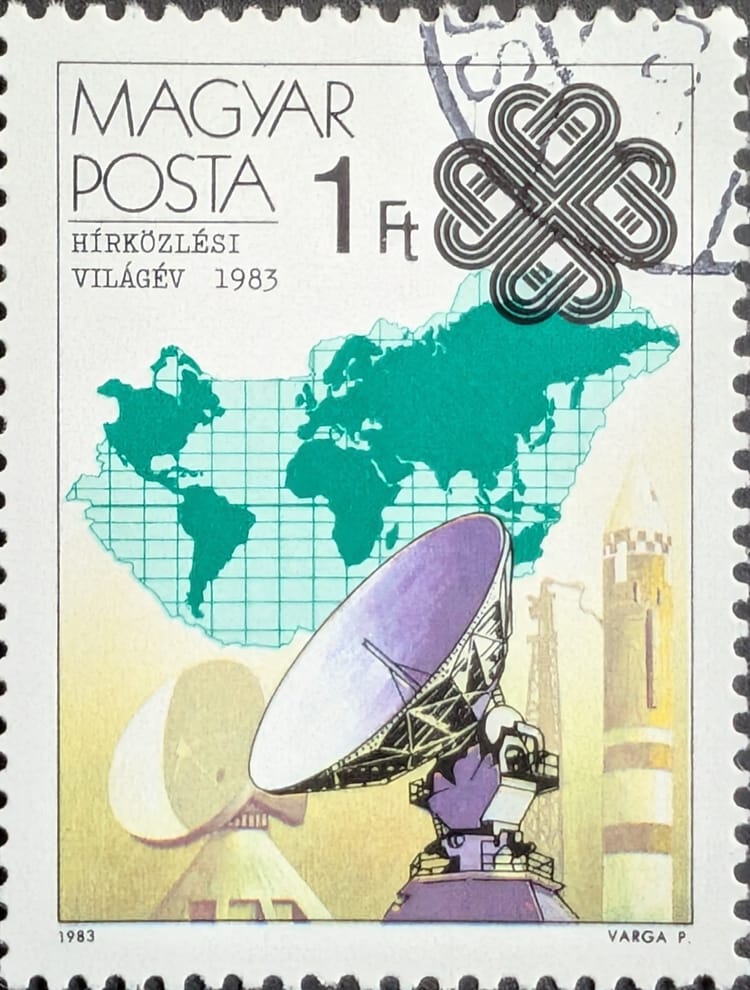The Realities of Launch vs. Unreasonable Expectations

There will not be an analysis next week. I am taking some time to herd some wayward student cats for my capstone class.😑
Technical Success/Business Failure
Virgin Orbit announced a "pause" in operations after months of stories about the company's financial health. Many of those stories seemed to be prompted by the failure of Virgin Orbit's latest LauncherOne launch in January 2023. That launch was the second failure of a LauncherOne rocket, bookending four preceding successful launches between it and the very first launch (and first failure) of LauncherOne.
While a 33% failure rate isn't great for a launch system, it is still better than the performance of rockets from other, admittedly newer, launch companies. But not better than the Electron's 9%, which Rocket Lab has been launching more often and far longer than LauncherOne. With Virgin Orbit's pause, it's unclear whether LauncherOne will ever equal Electron's 34 launches.
It's a little puzzling to see the current Virgin Orbit issues when the company appears to have a technically viable launch system (despite the failure). Unlike the company Virgin Orbit spun off from, Virgin Galactic, Virgin Orbit appears to have an operational system more affordable and useful to the industry than Virgin Galactic's spaceships. Perhaps LauncherOne doesn't have the "human spaceflight" cachet as it's merely a smallsat rocket that launches from a jumbo jet. Perhaps it just isn't attractive to Richard Branson.
However, the pause isn't because of LauncherOne's latest failure or questions about its technology. It's about the need for more money to keep the company running. Virgin Orbit either somehow receives the funds to keep operating or disappears.
In The Company of First Failures
Aside from catering to smallsat operators, LauncherOne has at least one more thing in common with the Electron: it failed in its first launch. They aren't the only ones to have failed the first time out of the gate. In 2023, ABL Space Systems' RS1 and Mitsubishi Heavy Industry's H3 failed their first launches. There were more launch failures in 2022 (this being written in 1Q23, there will likely be more in 2023). Two of those failures were the first time a particular rocket had been launched–LandSpace's Zhuque-2 and the Indian Space Research Organisation's Small Satellite Launch Vehicle (SSLV).
There are more examples of first rocket launch failures littered throughout space history. However, this analysis is about something other than a listed history of launch failures. Instead, it's about expectations and how, despite a history of first launch failures, some people still have high expectations leaning towards the success of a space vehicle's first launch instead of the realistic expectation that things could go very, very wrong in a very energetic emphasis of just how wrong it went.
Successful Outliers
Rocket failures are not a new phenomenon but an established "tradition." It's just that the successes of SpaceX and ULA make failures seem a thing of the past, with ULA experiencing one partial failure in 2007. Arianespace experienced no Ariane 5 failures over the last two decades. Likewise, SpaceX has not experienced a single failure with its Falcon 9 rocket in the past six years, even though it's increased the number of launches for nearly every one of those years. During those six years, SpaceX launched the Falcon 9 170 times (over ULA's 155) with no launch failures.
That success sets some high expectations on any other company attempting to throw a hat in the launch industry ring. For SpaceX, it sets expectations about the company's Starship development efforts. However, Elon Musk has generally been good about voicing his realistic opinions about how a Starship launch test will go, which helps to lower some more unreasonable expectations. For example, when he spoke at an event in early March 2023, he set the following expectation regarding Starship's first orbital launch attempt:
"I am not saying it will get to orbit but I am guaranteeing excitement," said Musk and the audience laughed –"So, it won't be boring," he jokingly added. "I think, I don't know, hopefully above a 50 percent chance of reaching orbit."
That sort of comment, while raising the hackles of mission assurance managers everywhere, helps on multiple levels, especially as a part of a hype cycle. First, it ensures that more eyes will watch the event as the drama and excitement of a potential failure draws people in. It allows Musk to appear honest in his fans' eyes, who will support him and his plans even more fervently. And, of course, it tells SpaceX investors not to expect the launch to go perfectly. If something does go awry, then while it is disappointing, it's also not a shocking surprise. But, as noted earlier, a launch failure of a rocket's first launch shouldn't be a surprise.
The industry's history is why it's surprising to see other launch companies post what appear to be aggressive launch schedules for rockets that haven't yet been launched the first time. They are buying into, and therefore, setting, higher expectations of their unproven systems without any justification.
Buying Into the Hype
In November 2022, Arianespace's Stéphane Israël announced his expectation that the company's Ariane 6 would launch sometime in the fourth quarter of 2023. He forecasted that after the first launch, Arianespace would somehow ratchet up the Ariane 6's annual launch cadence of 9-11–by 2026. Even if no failure occurs during those three years, that seems like an unreasonable expectation from someone who should know better.
For example, SpaceX finally launched more than nine Falcon 9s in its eighth year of operations. Rocket Lab's Electron has yet to get past nine launches in a year, six years after it started launching that rocket. The highest launch cadence Arianespace achieved with the Ariane 5 since it started launching in 1996 was nine years after its first launch (a failure), achieving seven launches in 2009. Based on those precedents, the expectation of reaching a launch cadence of 9 Ariane 6 launches by 2026 seems unreasonable and unlikely.
Especially if the tradition of first-launch failures continues. If the first Ariane 6 launch fails, Arianespace will take time to figure out what happened. It will likely have European Union and European Space Agency representatives "helping" the company as it does, which slows things down even more. The recent Vega rocket failures took months for the company to identify possible root causes. The brand-new Ariane 6 would likely undergo heavier scrutiny.
On the other hand, ULA appears to be very conservative, not setting (or at least releasing) Vulcan launch cadence goals. Despite that company's cautious approach, some prospective customers, such as the Department of Defense, hold high expectations of Vulcan's performance. One DoD manager voiced an opinion that the Vulcan, a brand new launch vehicle with no performance and reliability history, would still somehow be able to compete for the third phase of the military's National Security Space Launch program.
Of course, there are no other prospective options for the DoD. But that expectation of Vulcan's performance also seems unrealistic, even considering that ULA had a history of building reliable rockets. Sometimes a launch succeeds because everything goes right. But, sometimes, it succeeds despite things going wrong, masking the launch system's imperfections with the veneer of mission success.
Making my position unambiguous: I don't enjoy watching exploding rockets when they aren't supposed to explode.
Of course, it would be a perfect world if there were no first launch or subsequent launch failures. But history provides a lens for understanding that failures happen more often than we're comfortable acknowledging, especially if a company launches a rocket for the first time. And, as the Virgin Orbit situation demonstrates, even if a company's launch success ratio is skewed to the positive, there are more difficult challenges for it to overcome than mere engineering and science.




Comments ()